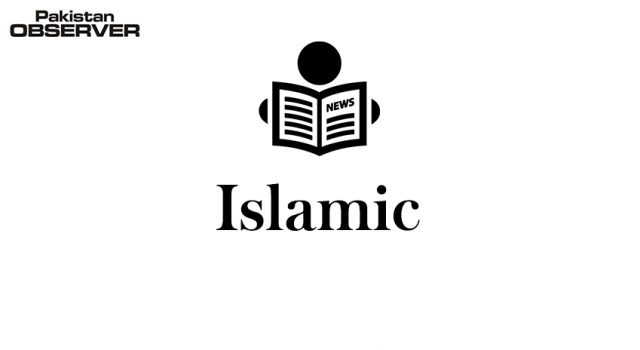Jeddah
The Islamic Corporation for the Development of the Private Sector (ICD) (ICD-PS.org), the private sector development arm of the Islamic Development Bank (IsDB) and Refinitiv, the world’s leading provider of intelligent information for businesses and professionals, last week released the key findings of the seventh edition of the Islamic Finance Development Report at the Indonesia Sharia Economic Festival 2019.
According to the Islamic Finance Development Report 2019, the Islamic finance industry’s assets grew to US$ 2.5 trillion in 2018 from US$ 2.4 trillion in 2017, a rise of 3 percent. This growth slowed from previous years, however, this was particularly noticeable in some of the industry’s main markets where the wider economy is sluggish.
Ayman Sejiny, the CEO of ICD, said: “Despite the stressed global economic environment and sluggish growth which are impacting the industry, we have found that the dynamics in the industry are changing. Sukuk are leading the industry’s growth, with global issuance since its introduction surpassing US$ 1 trillion in 2018 and continuing to grow. The industry and surrounding ecosystem are also being constantly reshaped by innovation. This is particularly in the areas of financial technology and sustainability which aligns with the strategies of ICD.”
Industry development slows, particularly in leading markets. The report also collates an annual score for the overall health of the global Islamic finance industry. The Islamic Finance Development Indicator (IFDI) aggregates scores across five component areas – Quantitative Development, Knowledge, Governance, Corporate Social Responsibility, and Awareness – for the 131 countries where Islamic finance has a presence.
Malaysia, Bahrain and the UAE continue to spearhead developments in the industry, while Uzbekistan, Ethiopia, Cyprus and Indonesia are among the biggest gainers in the rankings as a result of improvements in their financial and supporting ecosystem metrics.
Despite slowing growth in some sectors, Sukuk continues to power ahead Growth in the industry’s biggest sector, Islamic banking, slowed to 2 percent in 2018, largely in line with slowing growth for the global economy. Islamic banking assets totaled US$ 1.76 trillion.
Many Islamic banks or windows are also undergoing transformations through either reorganization or consolidation. Despite the slower growth, new banks and markets continue to enter the market, as seen in Ethiopia, Algeria and Afghanistan. Also, new liquidity tools are being developed to help grow existing Islamic banking markets, as seen in Oman, the UK and Pakistan.
Takaful operators and other Islamic financial institutions (OIFIs) account for the remaining share of Islamic financial institution assets, with a respective US$ 46 billion and US$ 140 billion reported for 2018. Both sectors are seeing transformational activities in their main markets, which should lead to stronger growth in coming years, particularly in Saudi Arabia and the UAE. Developments in InsurTech and FinTech are also set to transform these sectors.—Africa News










